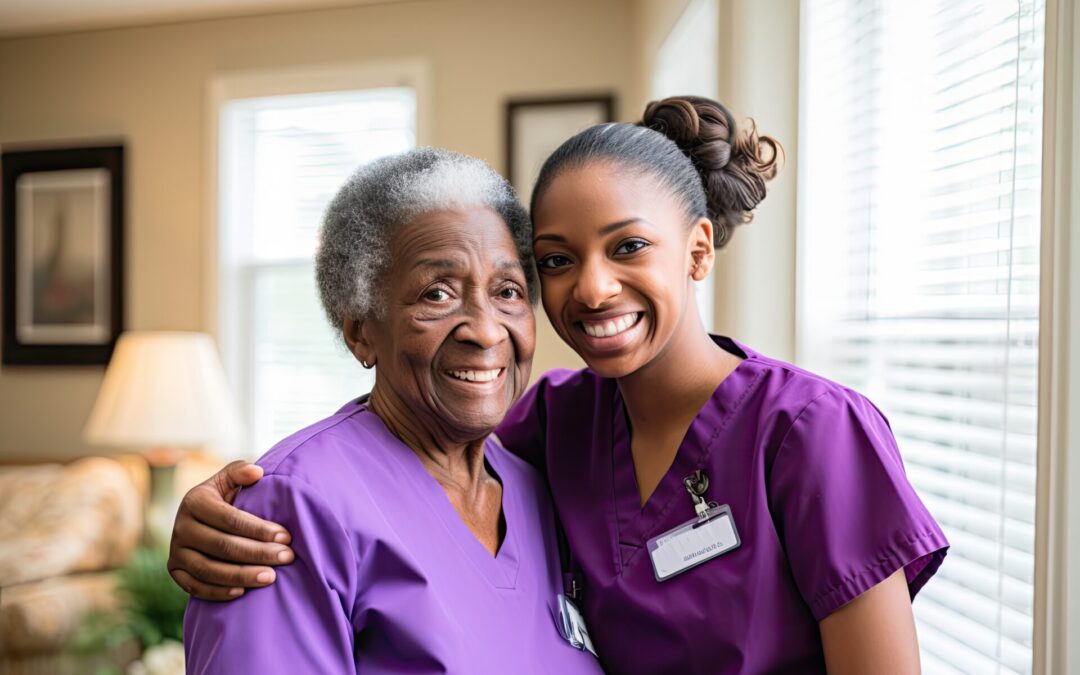At Professional Home Care Services, we understand that maintaining good health is vital for our personal care patients to remain independent in their homes. One crucial aspect of health often overlooked is nutrition. Good nutrition is not just about eating enough; it’s about eating the right foods to fuel the body and support overall well-being. Let’s delve deeper into the importance of nutrition for personal care patients and how it impacts their health and independence.
Nutrition and Patient Health Outcomes
The food we eat provides the energy and nutrients our bodies need to function properly. For personal care patients, adequate nutrition can:
- Boost Immunity: A balanced diet rich in fruits, vegetables, and whole grains strengthens the immune system, reducing the risk of infections and illnesses.
- Manage Chronic Conditions: Proper nutrition can help manage chronic conditions like diabetes, heart disease, and high blood pressure, leading to better health outcomes and fewer complications.
- Improve Wound Healing: Adequate protein intake is crucial for wound healing, which is particularly important for patients with injuries or surgical incisions.
- Enhance Energy Levels: A well-nourished body has more energy to perform daily activities and participate in rehabilitation therapies.
- Improve Mental Health: Good nutrition supports brain health and can contribute to improved mood, cognitive function, and overall mental well-being.
Maintaining Independence with Good Nutrition
For personal care patients, maintaining independence often hinges on their ability to perform Activities of Daily Living (ADLs) and Instrumental Activities of Daily Living (IADLs).
- ADLs are basic self-care tasks like bathing, dressing, eating, toileting, and transferring (moving from one position to another, like from a bed to a chair).
- IADLs are more complex activities that support independent living, such as meal preparation, medication management, housekeeping, shopping, and transportation.
Good nutrition plays a pivotal role in supporting both ADLs and IADLs. When the body receives the right nutrients, it has the strength and energy to perform these tasks, promoting independence and reducing reliance on others.
How Professional Home Care Services Can Help
At Professional Home Care Services, our caregivers are trained to assist personal care patients with meal planning, preparation, and grocery shopping to ensure they receive adequate nutrition. We also work closely with patients and their families to educate them about healthy eating habits and the importance of nutrition for overall well-being.
Remember, good nutrition is not just about eating enough; it’s about eating the right foods to support health, independence, and a high quality of life. By prioritizing nutrition, we can empower personal care patients to thrive in their homes and communities.

Recent Comments